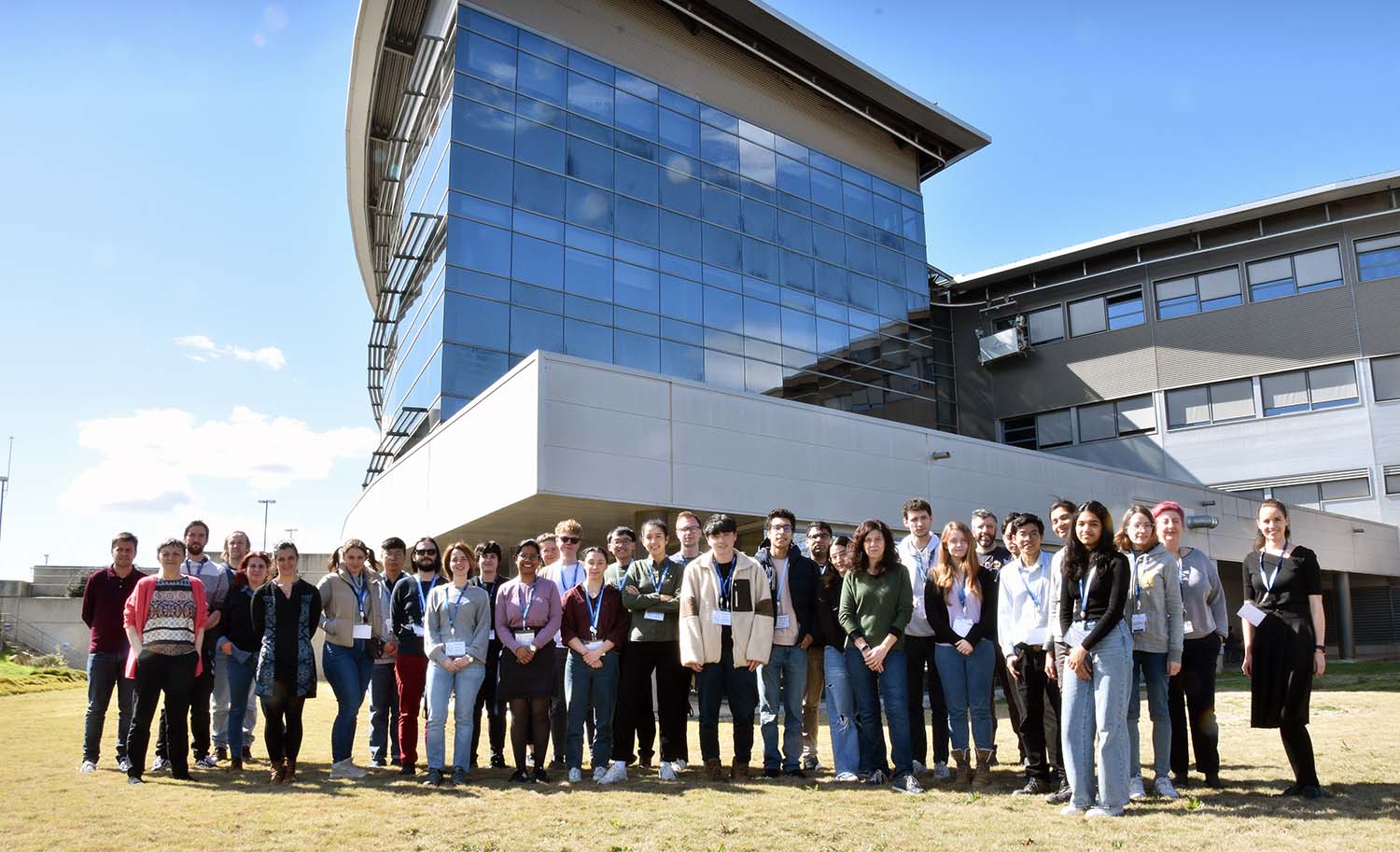ALBA Synchrotron

One more year the ALBA Synchrotron held the HERCULES European School. All week from 11th to 15th March was fully dedicated to the 20 young researchers from all over the world coming to learn the different techniques we have in our synchrotron.
HERCULES European School is a 5-week course coordinated by the Université Grenoble Alpes dedicated to neutron and synchrotron radiation, aimed to provide training for the future researchers. During one week, participants have the opportunity to travel to one of the facilities taking part in the project. One of them is the ALBA Synchrotron.
From 11th to 15th March, 20 young scientists came to ALBA to learn first-hand synchrotron light science with the support of ALBA researchers. During the week, ALBA staff provided training and hands-on practices at the beamlines about cutting-edge techniques with synchrotron radiation, with applications in fields such as Biology, Chemistry, Physics or Hard & Soft Condensed Matter.
In particular, HERCULES School participants attended sessions devoted to the different techniques available at ALBA: macromolecular crystallography and X-ray diffraction, soft X-ray transmission microscopy, synchrotron-based infrared microspectroscopy, small and wide angle X-ray scattering for (in situ) characterization of nanostructured materials, X-ray absorption and emission spectroscopy, soft X-ray absorption and X-ray magnetic circular dichroism, photo emission electron microscopy and low energy electron microscopy, ambient pressure XPS and NAP-XPS, and correlative analysis of advanced energy materials, in the frame of the INCAEM project.
Practical sessions were carried out at the beamlines LOREA, BOREAS, NOTOS, MIRAS, MISTRAL, XALOC and NCD-SWEET. Students had also trainings on data collection and preparation of an experimental report.
That way, students from HERCULES school experienced the transversal utility of synchrotron light and learned from professionals from different science fields, such a fruitful knowledge for the present and future research they might perform.